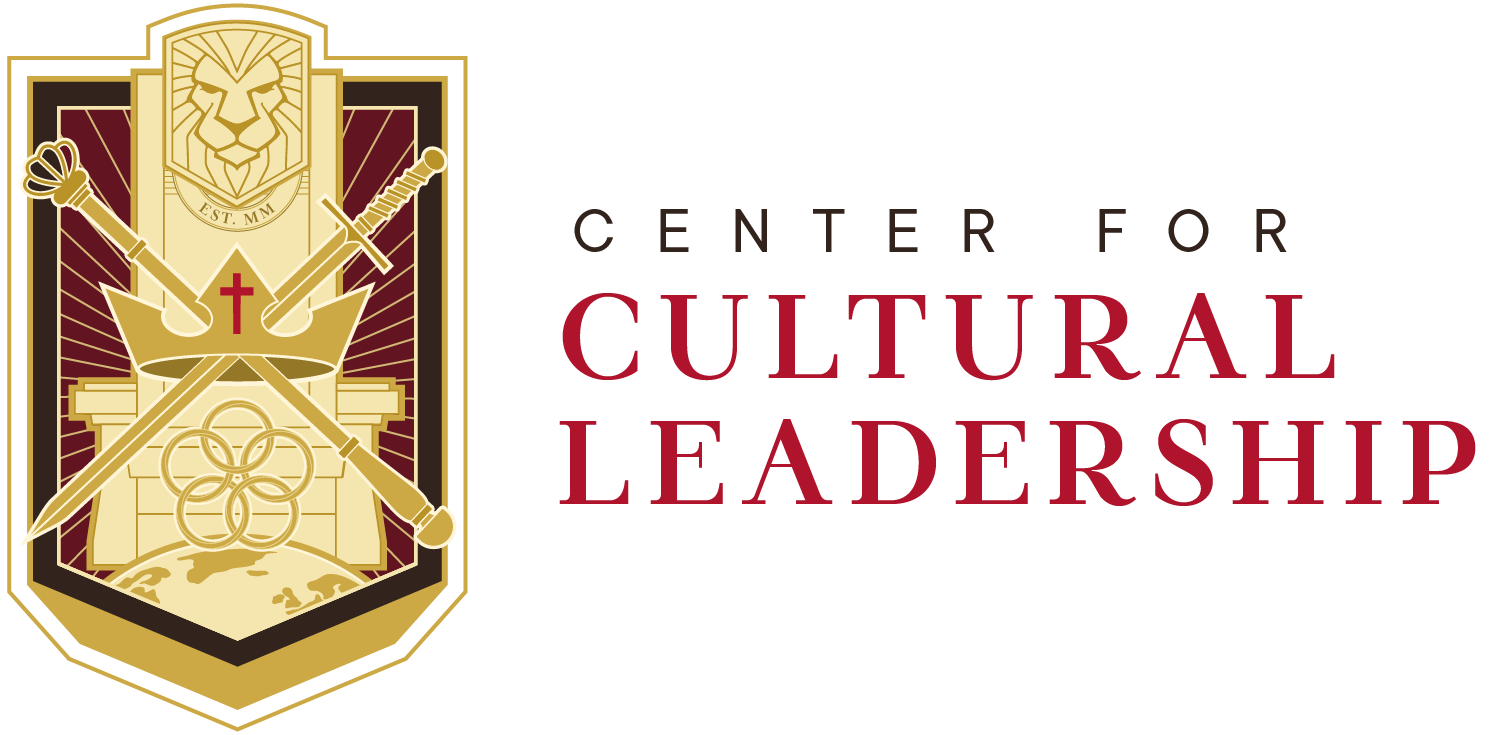“All anyone need know about the long-term prospects of gay marriage — and of the likely fate of a political party that opposes it — is that evangelical Christians under the age of 25 are more tolerant of gay marriage than New Deal Democrats over the age of 65.”
Carl M. Cannon, Politics Daily, “Gay Marriage: Only a Matter of Time,” May 28, 2009
The chief problem with American culture is the American church. The church in the early United States, while imperfect, was generally orthodox Protestant and stood for the Faith once all delivered (Jude 3). Although there was no officially established church or denomination (and there should never be), Christianity was established in an even more effective way — in the hearts and minds of populace, in “public” life no less than private. It was no Shangri-La — not even close — but it was essentially Christian. Gradually after the Civil War, however, the new ideas of heretical “liberalism” gained a foothold among the elites; and by the first third of the 20th century, nearly every major denomination had fallen victim to its poison. One effect of this collapse was to drive orthodox Christians to the margins of the culture, from which, as denominational and cultural separatists, they launched theological grenades at the increasingly secular society, not to mention at the deviant mainline churches, all the while waiting for the imminent eschaton and dismissing any constructive program of Christian social ethics.
With the erasure of nearly the last vestiges of the older Christian order during the turbulent 60s, a boisterous reaction emerged in the form of groups like the Moral Majority and the Christian Coalition. Almost all such reaction focused — like political liberalism of the previous 50 years — on cultural change via politics: elect the right candidates and pass the right legislation to get the nation back on track. From the vantage point of 30 years, we now know that this program, even when superficially successful, has not managed any serious reversal in cultural decline. What we did not know then but know now is that the cultural battle had been nearly lost before the political battle even heated up.
Indeed, when today “evangelical Christians under the age of 25 are more tolerant of gay marriage than New Deal Democrats over the age of 65,” we observe not chiefly that Christians have been ineffectual in the culture but that secularists have been effectual in the church. The church, which had given up on principled Christian social ethics long ago, has eagerly adopted secular ethics to replace them. This is simply the latest example of the secularists’ cultural domination, which now extends to the church. Ethically, the secularists are in the church’s driver’s seat.
It is not clear that this downward spiral can be reversed without a full-scale and severe Christian revival and a rethinking of the categories of social ethics. For instance, it is evident that pluralism is a voracious predator that refuses to be chained to procedural politics. On his June 3, 2009 self-titled HBO program, Bill Maher trumpeted the latest act of the pluralistic rape of Christianity — why are we arguing about “civil unions” for gays when in fact all public unions should be “civil unions”? In this construction, marriage is a purely religious matter, performed in the church, in which the state has no interest. “Civil unions” consisting of one man and one woman, one man and two women, two men and/or two women, and one man and one consenting nine-year-old child — each is a potentially legitimate form of state-sanctioned union. Marriage, being exclusively religious, is simply no longer relevant in the “public” (meaning non-religious) sphere.
This program, however bizarre, is the logical outcome of the relentless pluralism of our age.
Amid this pluralism, the task of orthodox Protestants is to take their Faith seriously, to pray and work for revival and reformation, and to confront the claims of pluralism with the exclusive claims of Jesus Christ, beginning in the church (where those claims barely survive), but moving outward to all of culture. We now know that if Jesus Christ is not recognized as Lord everywhere He soon will not be recognized as Lord anywhere.
A message of limited Lordship is no match for a program of unlimited pluralism.


Leave a comment